Explore Ranchi with CityTaxis
Top Attractions
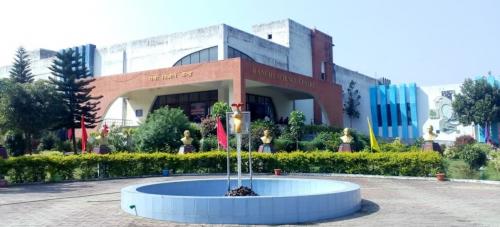
Ranchi Science Center
A modern science museum offering interactive exhibits, educational displays, and a planetarium.
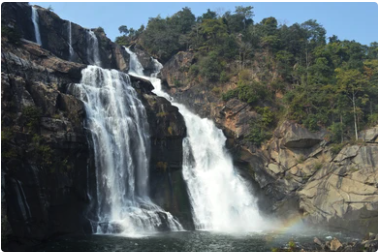
Hundru Falls
A stunning waterfall surrounded by lush greenery, a popular picnic spot with breathtaking views.
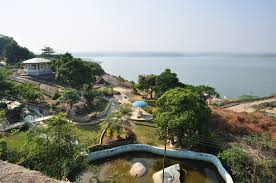
Rock Garden
A serene spot with sculptures and panoramic views of the city, located near Kanke Dam.
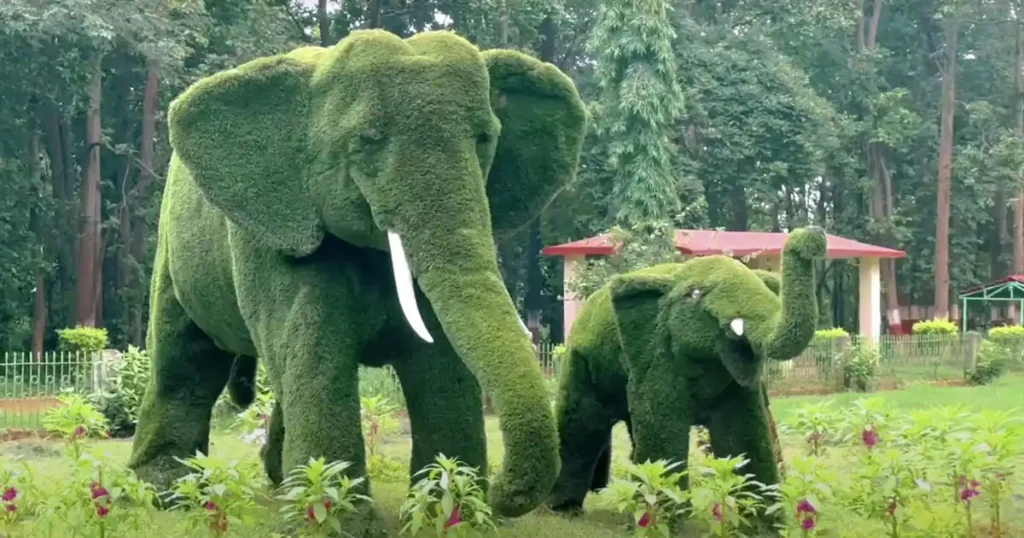
Birsa Zoological Park
A wildlife park ideal for family outings, home to a variety of flora and fauna.
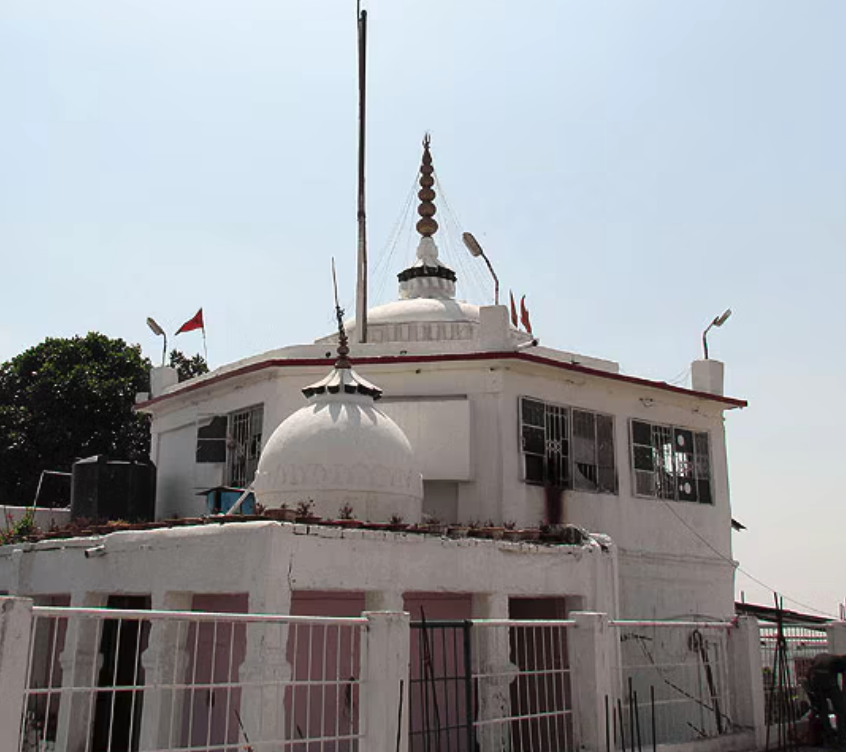
Pahari Mandir
A revered temple dedicated to Lord Shiva, located atop Ranchi Hill, offering panoramic views of the city.
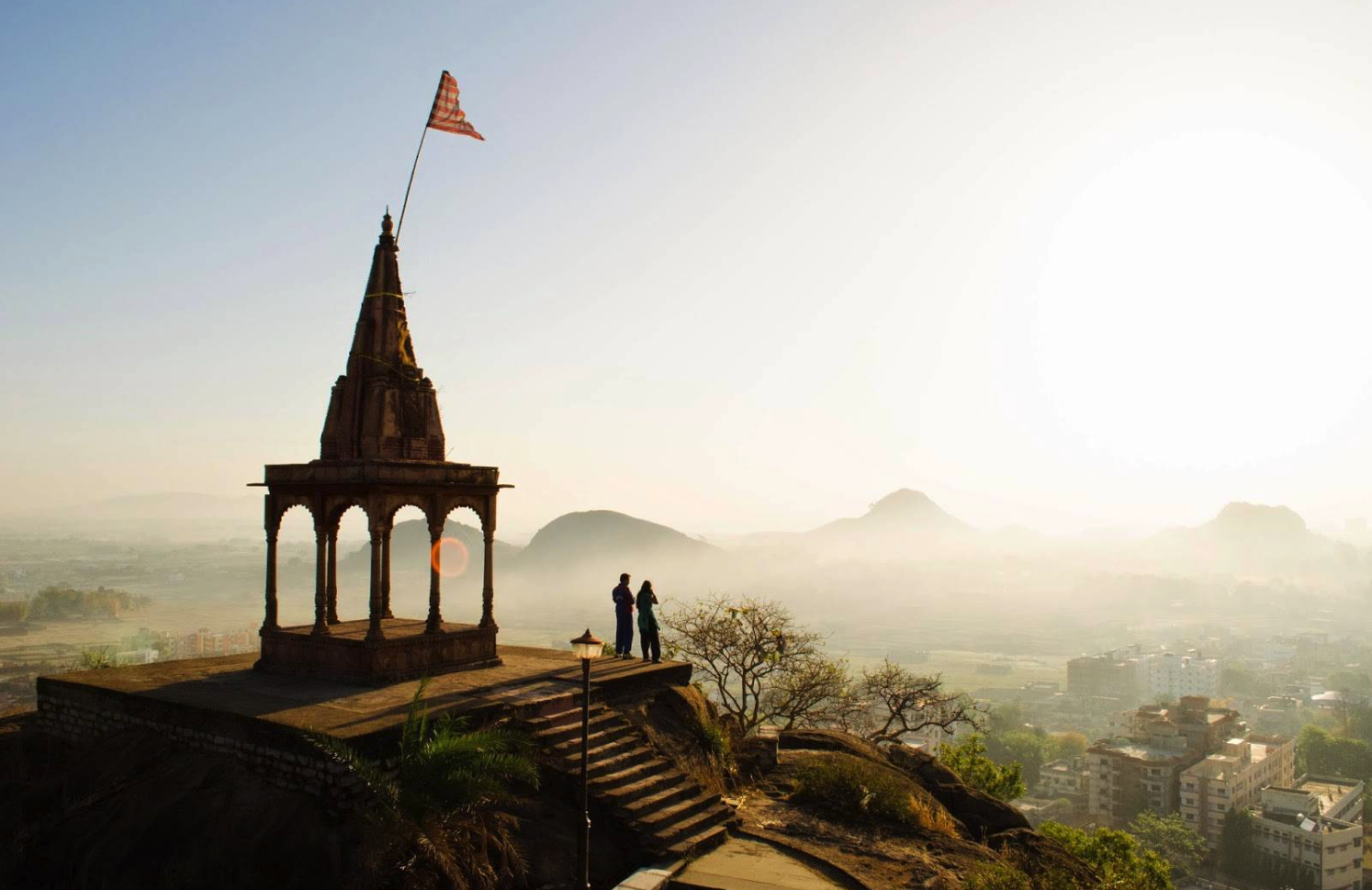
Tagore Hill
Named after Rabindranath Tagore, this scenic hill is perfect for trekking and meditation.
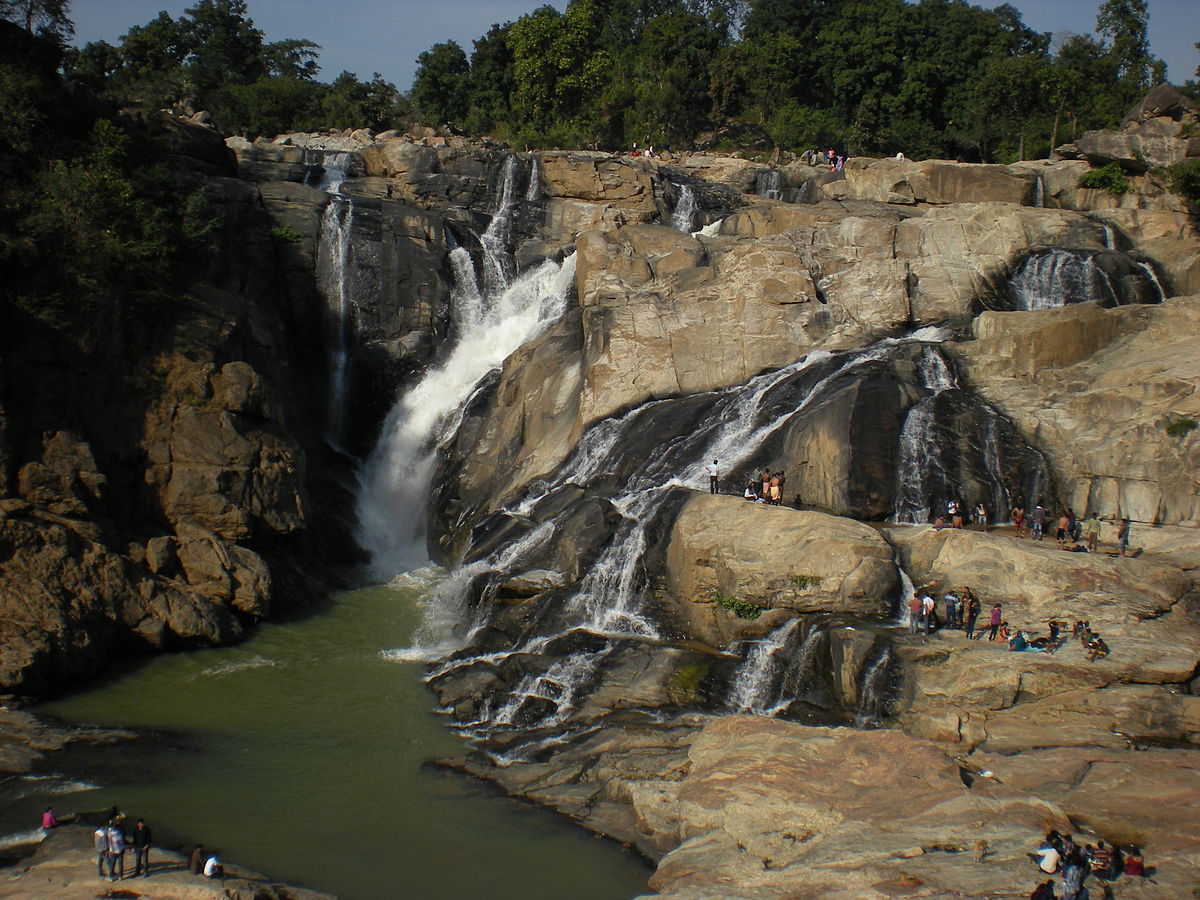
Dassam Falls
A spectacular waterfall formed by the Kanchi River, ideal for nature lovers and adventure seekers.
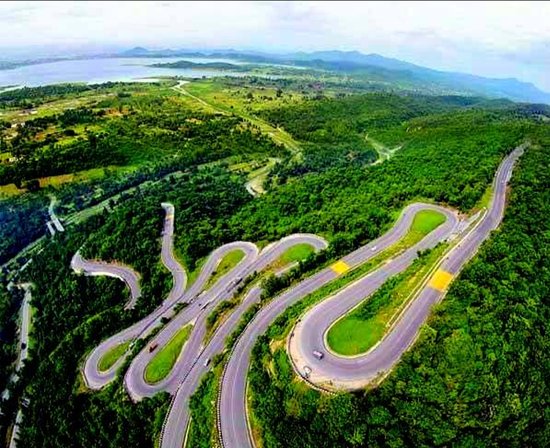
Patratu Valley
A scenic valley with meandering roads and picturesque landscapes, perfect for long drives.
Ranchi is known as the City of Waterfalls and is a hub of natural beauty and rich tribal culture.
Population
1.12 million
Economic Status
Developing
Per Capita GDP
₹2,40,000
History
ancient: Ranchi, located on the Chotanagpur Plateau, has a rich and ancient history tied to the tribal communities of central India. Archaeological evidence suggests that the region has been inhabited since the Neolithic period (10,000–4,000 BCE). The indigenous Munda and Oraon tribes developed distinct cultures revolving around nature worship, sustainable agriculture, and community living. Ranchi was also part of the Magadha Empire during the Maurya Dynasty (322–185 BCE). The plateau was a source of iron ore and timber, contributing to the empire’s strength. During the medieval period, the Nagvanshi Dynasty ruled the region, establishing their capital near modern-day Ranchi. They built temples like the Jagannath Temple, which remains an iconic heritage site.
colonial: The British first encountered Ranchi during their expansion into eastern India. By 1831, tribal leaders like Sidho and Kanho Murmu led the Kol Rebellion against the British and landlords. Ranchi became a military and administrative hub by the mid-19th century, serving as the headquarters of the Chotanagpur Division from 1869. Christian missionaries introduced education and healthcare, significantly impacting the region. The heroic Birsa Munda led the Ulgulan Movement (1899–1900), fighting for tribal rights and becoming a revered figure in Indian history.
modern: Post-independence, Ranchi became an industrial hub as part of Bihar, with major projects like Heavy Engineering Corporation (HEC) established in 1958. The demand for tribal autonomy led to the creation of Jharkhand in 2000, with Ranchi as its capital. Today, Ranchi is known for its rapid urbanization, premier educational institutions like Ranchi University, and contributions to sports, thanks to cricket legend Mahendra Singh Dhoni. As part of India’s Smart City Mission, Ranchi is undergoing major infrastructure upgrades, making it a modern and vibrant city.
Culture and Lifestyle
Ranchi is a vibrant blend of tribal heritage and modern influences, offering a unique cultural experience. The city's culture is deeply rooted in its history and traditions, while also embracing a cosmopolitan lifestyle.
Traditional Festivals
- Sarhul: Celebrated during spring, it marks the blooming of sal trees with dances, songs, and rituals.
- Karma: Symbolizing community bonding and agricultural prosperity, observed with the planting of the sacred Karma tree and folk dances.
Art and Craft
- Sohrai Painting: Intricate murals using natural colors derived from flowers, leaves, and soil.
- Paitkar Scrolls: India's oldest tribal art narrating mythological and cultural stories.
Local Dance Forms
- Chhau Dance: A semi-classical martial art dance blending folk traditions with intricate movements.
- Paika Dance: A traditional war dance performed by the Munda tribe, showcasing strength and valor.
Cuisine
- Dhuska: Fried rice cakes, a local favorite.
- Handia: A rice-based fermented drink popular among the tribal community.
- Modern cafes and restaurants offer global cuisines for a cosmopolitan audience.
Markets and Handicrafts
- Daily Market and Ranchi Haat: Famous for tribal jewelry, bamboo crafts, and Dokra metalwork.
Music and Theatre
- Traditional tribal music features instruments like the Mandar and Nagada.
- Modern theaters and music festivals showcase a blend of traditional and contemporary influences.